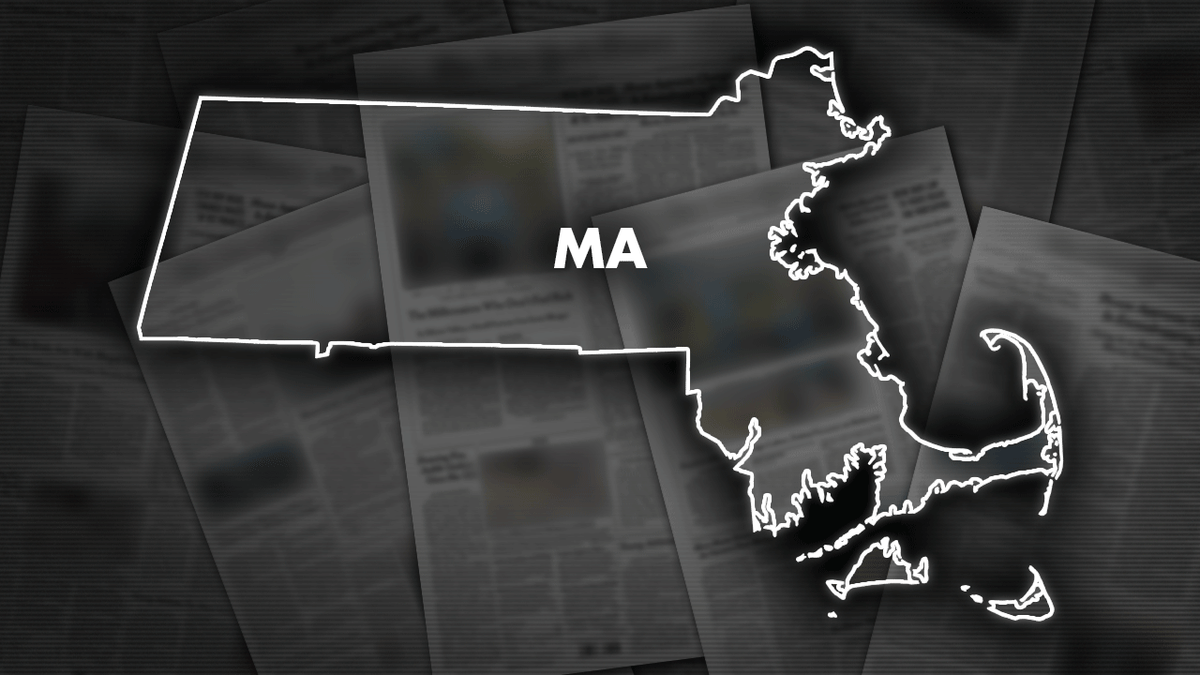Fox News Flash top headlines for April 11
Fox News Flash top headlines are here. Check out what's clicking on Foxnews.com.
- Democratic Massachusetts House Speaker Ronald Mariano unveiled a $654 million tax cut proposal Tuesday, aiming to provide relief for seniors, renters, businesses and wealthier homeowners.
- The plan would increase to $1.1 billion in relief come 2026.
- "This whole competitiveness issue is real as we face challenges from states like North Carolina," Mariano said, noting Americans' continuing migration from tax-heavy blue states.
Massachusetts House Speaker Ronald Mariano on Tuesday unveiled a $654 million tax cut proposal for the 2024 fiscal year aimed at helping seniors, renters, businesses and wealthier homeowners while rewriting the law that sent about $3 billion back to taxpayers last year.
The plan, which would increase to $1.1 billion in tax relief for the 2026 fiscal year, includes a number of proposals the Democratic speaker said will help make Massachusetts more affordable and competitive.
"We wanted to have something that we felt impacted all segments of the economy, all segments of our constituency with some fairness and some equity," Mariano told reporters Tuesday.
UNVEILING BUDGET PLAN, MASSACHUSETTS GOV. HEALEY CALLS FOR MILLIONAIRE'S TAX
The package would change a series of tax policies, including increasing the estate tax threshold from $1 million to $2 million.
Massachusetts is one of just 12 states with an estate tax and has the lowest estate tax exemption threshold in the country, along with Oregon. Democratic Gov. Maura Healey, who released a $742 million tax relief package in February, would eliminate the tax for estates valued up to $3 million.
The House proposal would also make changes to the 1986 law designed to limit state tax revenue growth and return any excess to taxpayers. The law triggered nearly $3 billion in refunds last year.
The credit is applied to the personal income tax liability on a proportional basis, resulting in higher credits for those who paid more in taxes. The bill would credit an equal amount per taxpayer.
"That whole package is based on the success of the economy," he said of the 1986 law. "It only gets triggered when the economy is very, very successful and we wanted everyone to share in that success."

Democratic Massachusetts House Speaker Ronald Mariano on Tuesday unveiled a $654 million tax cut plan.
The House proposal would also combine the child care expenses credit with the dependent member of household credit to create one refundable $600 credit per dependent, double the senior circuit breaker tax credit from $1,200 to $2,400, increase the rental deduction cap from $3,000 to $4,000, and boost the earned income tax credit from 30% to 40% of the federal credit.
The package proposes lowering the short-term capital gains tax rate from 12% to 5%, and phasing in that change over two years.
The bill would also make changes to the state's stabilization fund — also called the rainy day fund.
Under existing law if the amount remaining in the state's stabilization fund at the end of a fiscal year exceeds 15% of budgeted revenues, the excess funds must be transferred to taxpayers through one time increases in the personal exemption. The bill would adjust the cap to 25.5%, allowing the state's savings account to keep more money.
MASSACHUSETTS GOV. HEALEY UNVEILS $85M STATE HOUSING PLAN
Mariano said some of the tax changes were meant to attract workers and encourage people already living and working in the state not to flee.
"This whole competitiveness issue is real as we face challenges from states like North Carolina," he said.
James Rooney, President and CEO of the Greater Boston Chamber of Commerce said the group was pleased with changes to the tax code that he said have put employers at a disadvantage to other states.
"Massachusetts needs to take proactive, meaningful action to ensure that employers and people will start, stay, and succeed here," he said.
CLICK HERE TO GET THE FOX NEWS APP
The House is expected to vote on the proposal on Thursday. The bill then heads to the Senate, which will write their own tax package before hammering out a compromise proposal to send back to the governor for her signature.




